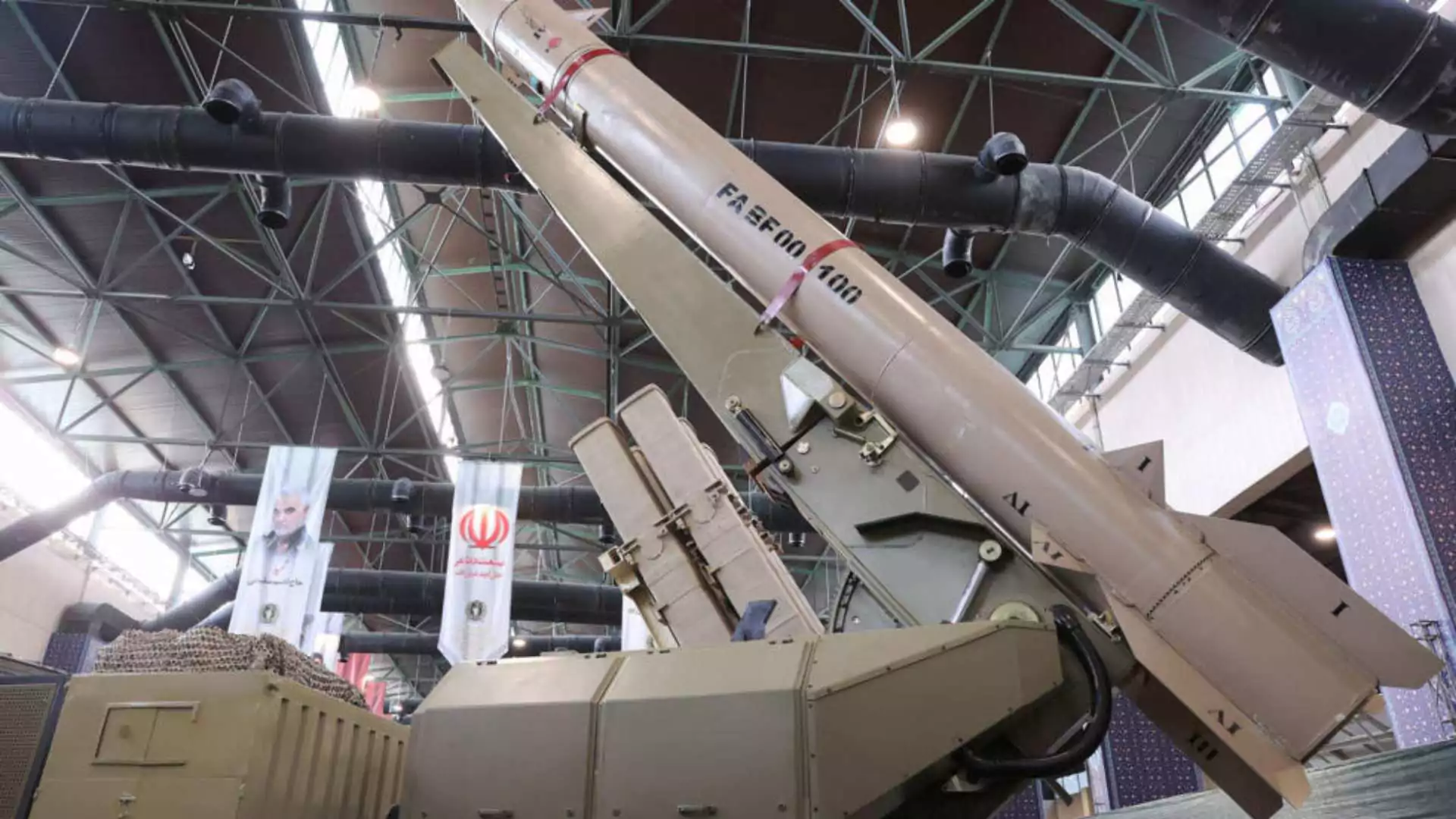On Monday, Ukraine’s foreign ministry summoned Shahriar Amouzegar, Iran’s charge d’affaires, to express grave concerns over reports suggesting that Tehran may have supplied Russia with ballistic missiles. The Ukrainian government warned of “devastating and irreparable consequences” for bilateral relations if these reports are verified.
This diplomatic action follows recent reports by CNN and the Wall Street Journal, which cited unidentified sources claiming that Iran had transferred short-range ballistic missiles to Russia. These reports come as Russia continues its military campaign in Ukraine, which began over two and a half years ago with its 2022 invasion.
Iranian Denials and EU Reaction
In response to the allegations, a senior Iranian official, Brigadier Fazlollah Nozari, dismissed the reports as “psychological warfare,” asserting that no missiles had been sent to Russia. “Iran does not support any of the parties to the Ukraine-Russia conflict,” Nozari stated, as quoted by the Iranian Labour News Agency.
However, the European Union has taken the reports seriously. EU foreign affairs spokesperson Peter Stano confirmed in an email that the EU was aware of “credible information” regarding the delivery of Iranian ballistic missiles to Russia. He emphasized that if confirmed, such a delivery would mark a significant escalation in Iran’s support for Russia’s “illegal war of aggression against Ukraine.” The EU has indicated that it would respond swiftly with new and significant restrictive measures against Iran should the reports be validated.
MUST READ: Germany Increases Border Checks Amid Migration And Extremism Concerns
U.S. and NATO Reactions
An unnamed European official revealed that the U.S. had shared information on the reported missile transfer with its allies and was expected to make it public soon. White House spokesperson John Kirby acknowledged the potential impact of such a transfer, stating it would have deleterious effects on both Ukraine and the Middle East, although he could not confirm the reports at this time.
A NATO spokesperson echoed the concern, noting that any transfer of ballistic missiles and related technology from Iran to Russia would represent a substantial escalation. However, the alliance has refrained from confirming the accuracy of the media reports.
Kremlin’s Position and Broader Implications
Kremlin spokesperson Dmitry Peskov acknowledged having seen the reports but suggested that not all such information is accurate. He underscored that Iran remains an important partner for Russia, with ongoing development in trade, economic relations, and sensitive areas of cooperation.
Ukraine has warned that increased military cooperation between Tehran and Moscow poses a significant threat not only to Ukraine but also to Europe and the broader Middle East. The Ukrainian government has called on the international community to intensify pressure on both Iran and Russia to prevent further escalation.
In response, Russia has accused Kyiv’s allies of exacerbating the conflict by supplying weapons used in Ukraine’s recent incursions into Russia’s Kursk region, and has threatened retaliatory measures.

















